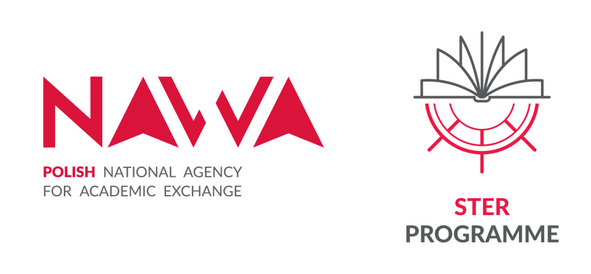The research is conducted in four main areas: (1) labour market effects of production fragmentation and global value chains, (2) the role of innovation and technological progress in economic development, (3) problems of international competitiveness, (4) productivity effects of trade and technological specialisation. Accompanying research deals with: contemporary labour market analysis (labour share in national income, demographic challenges); economic and business history, the long-term evolution of economic systems, and the geo-economic and geo-political perspective of the globalisation process.
The research teams are mainly involved in advanced empirical research based on databases at various levels of disaggregation (country-, industry- and micro-economic data). Methodological and theoretical advancements accompany the empirical work.
The team working on GVC focuses on microeconomic consequences of production fragmentation in terms of empirically observable changes in employment, wages, productivity and working conditions. The analysis takes into account the newest ways of measuring value added trade and task-specific content of jobs in terms of the degree of routinisation and offshorability. The research focuses on the developments observed in the European Union and draws upon recent microeconomic data from such databases as EUSILC, EFS, EWCS or Amadeus.
The team working on technological progress and innovation focuses on the trajectories of technological diffusion, cross-country differences in the rates of technology adoption, and its relation to economic and financial development. The research combines the analysis of the diffusion of ICT technologies and of the recent process of production automation and digitalisation with a wide sustainable development perspective. The implications of new technologies are assessed via their impact on trajectories of socio-economic development and on the expansion of new forms of financial operations (e.g. innovative sustainable investment funds).
The team working on international competitiveness assesses the role of various determinants of countries, industries and firms competitiveness (especially SMEs), with a particular focus on the developments observed in Central and Eastern European Countries. The methodological approaches are based on input-output measurement of trade in value added, smile curves and functional specialisation. The group also evaluates the dynamics of a structural change, relating it to such aspects as: globalization, servitization, economic transition, the catching-up process or low and middle-income trap. The analysis covers also some aspects of the internationalization process of firms (its motives, strategies and modes), with a particular focus on high-tech enterprises and knowledge-based internationalization.
The team working on specialisation analyses the evolution of trade diversification along the path of economic development, as well as the implications of highly uneven patterns of production and use of modern technologies. The research uses country-, industry-, regional- and firm-level data based on trade statistics, patent data and bibliometric records. The team re-examines the dynamics of technological specialisation accompanying economic growth under rapid development of digitalisation, automation and artificial intelligence (AI). The research empirically quantifies the effects of technological progress in digital technologies (AI in particular) in terms of their contribution to productivity growth, and shifts in the worldwide productivity distribution, contributing to changes in leader-follower relations.
Among the researchers involved in international economics there are people with an established scientific position, publishing in internationally recognized economic journals, carrying out research projects financed from domestic and foreign funds.
The examples of recent papers include:
Marszk, A., & Lechman, E. (2019). New technologies and diffusion of innovative financial products: Evidence on exchange-traded funds in selected emerging and developed economies. Journal of Macroeconomics, 62.
Parteka A. (2020). What drives cross-country differences in export variety? A bilateral panel approach. Economic Modelling, 92: 48-56
Kordalska, A., & Olczyk, M. (2018). CEE trade in services: value-added versus gross terms approaches. Eastern European Economics, 56(4), 269-291.
Parteka A., Wolszczak-Derlacz J. (2020). Wage Response To Global Production Links – Evidence For Workers From 28 European Countries (2005–2014). Review of World Economics, 156: 769-801
Daszkiewicz, N. (2019). Internationalisation Patterns of Polish Family High-Tech Firms. Entrepreneurial Business and Economics Review, 7 (4), 147-163.
Segreto, L. (2018). L'economia mondiale dopo la guerra fredda [The International economy after the end of Cold War] (pp. 1-171). Il Mulino.
Keywords:
international trade, global value chains, technological change, economic growth and development, international competitiveness, specialisation, labour markets.



